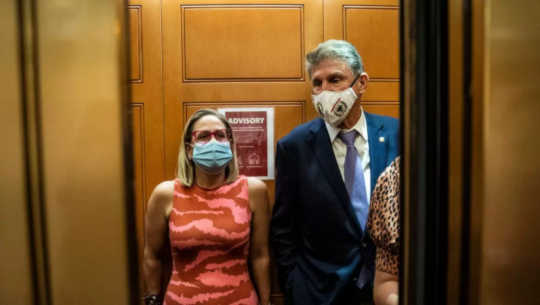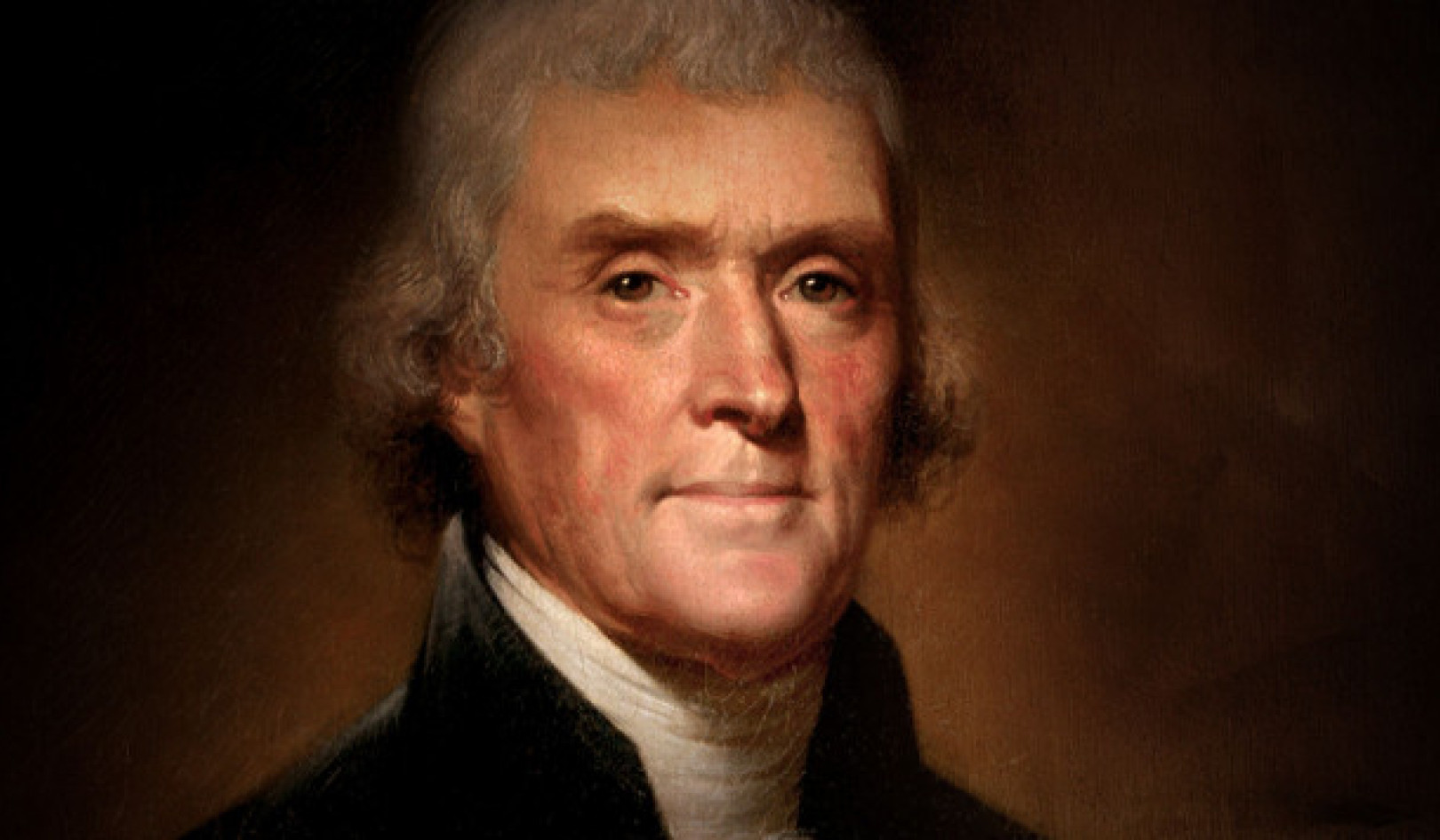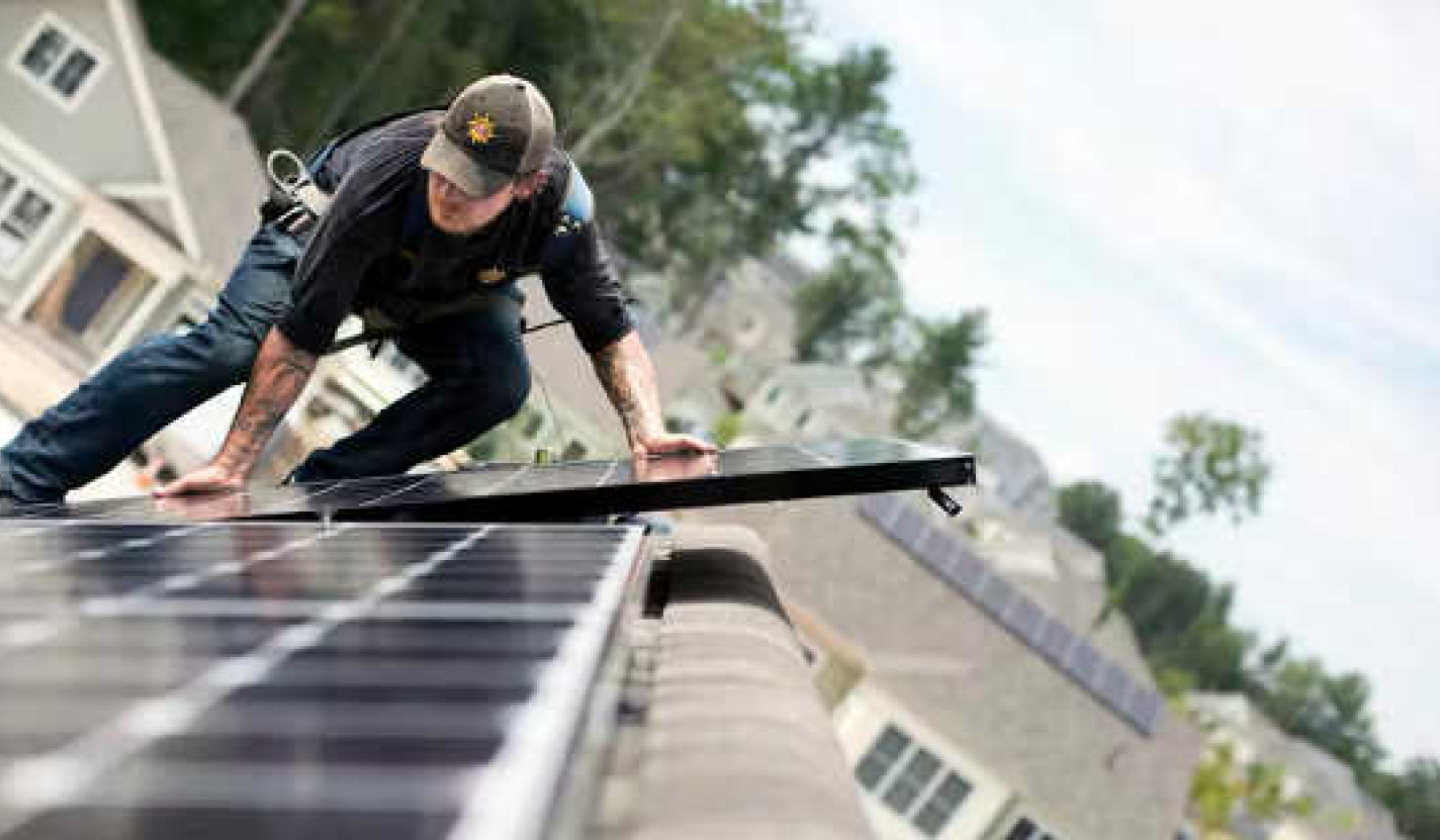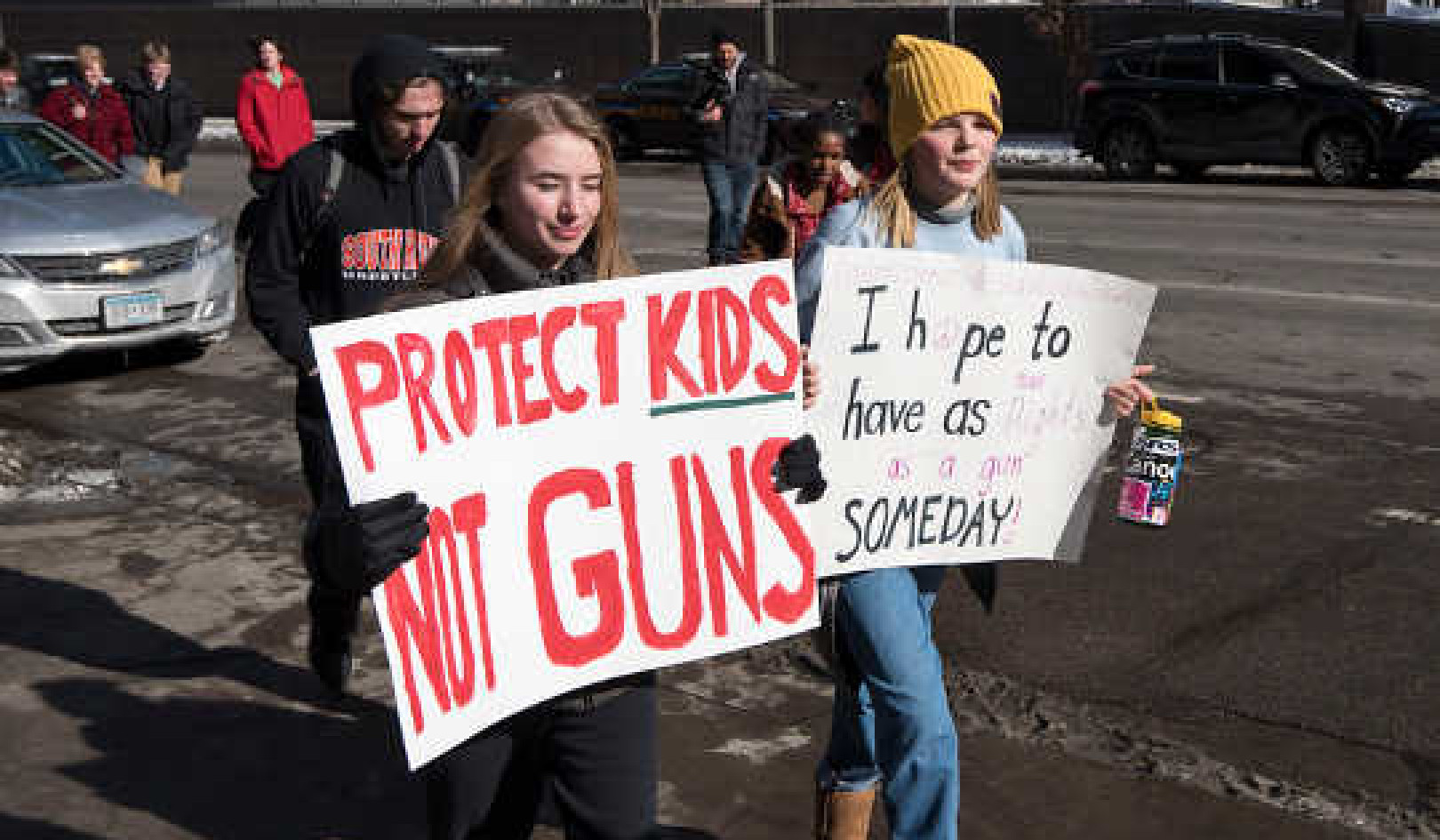
We're old enough to remember a whole month ago when both Kyrsten Sinema and Joe Manchin voted to make an exception to the filibuster for the debt ceiling, Public Citizen sardonically noted.
As conservative U.S. Sen. Joe Manchin on Thursday joined his right-wing Democratic colleague Kyrsten Sinema in announcing his opposition to abolishing the Senate filibuster, progressive observers excoriated the pair—who recently supported a filibuster carve-out to raise the debt ceiling—for obstructing their party's landmark voting rights legislation.
Manchin (W.Va.) followed his Arizona colleague in voicing support for protecting the filibuster, which racial justice campaigners call a "Jim Crow relic" because it has been used so many times to block voting and civil rights legislation.
Mother Jones senior reporter Ari Berman noted that Republican-led states "have passed new voter suppression laws, gerrymandered maps, and election subversion bills through simple majority, party-line votes, yet Sinema and Manchin demand [a] bipartisan supermajority to protect voting rights."
Berman said the pair "are like spineless Republican senators during end of Reconstruction who supported filibuster of voting rights bill that would've blocked poll taxes and literacy tests," actions that "ushered in 75 years of Jim Crow."
In a lengthy statement in which he declared that he "will not vote to eliminate or weaken the filibuster," Manchin cited former Sen. Robert Byrd (D-W.Va), an erstwhile Ku Klux Klan member and ardent segregationist who infamously filibustered the landmark 1964 Voting Rights Act for 14 hours. Byrd would renounce racism later in his congressional career.
"Senator Byrd's insight helped explain why at no time in the history of the United States has the Senate been able to end debate on legislation with a simple majority," Manchin falsely asserted, as the rules of the first U.S. Senate in 1789 allowed debate to end after a simple majority vote.
Some progressives also noted that just over a month ago, both Manchin and Sinema approved a carve-out to the filibuster in order to raise the federal debt limit.
"Sinema and Manchin voted last month to abolish the filibuster for the debt ceiling—but won't vote to abolish the filibuster for voting rights," tweeted human rights attorney Qasim Rashid, who said that's because "raising the debt ceiling keeps them employed—but expanding voting rights makes them irrelevant."
Manchin's statement came after President Joe Biden met with the Senate Democratic caucus and urged members to take the necessary steps—including abolishing or modifying the filibuster—to pass the Freedom to Vote Act and the John R. Lewis Voting Rights Advancement Act.
Republican senators have blocked the bills by invoking the 60-vote filibuster rule.
Multiple outlets reported that Biden would meet with Manchin and Sinema Thursday evening in a last-ditch attempt to salvage the two voting rights bills.
When asked earlier in the day whether the president has accepted that he "cannot sway" the pair when it comes to the filibuster, White House Press Secretary Jen Psaki said that "we're going to keep fighting until the votes are had."
Vox senior correspondent Jamil Smith tweeted that Sinema "thought it would be a good idea today to spit on John Lewis' legacy," and that she and Manchin know that their "own party is the only one trying to repair a Voting Rights Act that requires repair."
"They just do not care," he said.
About The Author
Brett Wilkins is staff writer for CommonDreams.org

Related Books:
On Tyranny: Twenty Lessons from the Twentieth Century
by Timothy Snyder
This book offers lessons from history for preserving and defending democracy, including the importance of institutions, the role of individual citizens, and the dangers of authoritarianism.
Click for more info or to order
Our Time Is Now: Power, Purpose, and the Fight for a Fair America
by Stacey Abrams
The author, a politician and activist, shares her vision for a more inclusive and just democracy and offers practical strategies for political engagement and voter mobilization.
Click for more info or to order
How Democracies Die
by Steven Levitsky and Daniel Ziblatt
This book examines the warning signs and causes of democratic breakdown, drawing on case studies from around the world to offer insights into how to safeguard democracy.
Click for more info or to order
The People, No: A Brief History of Anti-Populism
by Thomas Frank
The author offers a history of populist movements in the United States and critiques the "anti-populist" ideology that he argues has stifled democratic reform and progress.
Click for more info or to order
Democracy in One Book or Less: How It Works, Why It Doesn't, and Why Fixing It Is Easier Than You Think
by David Litt
This book offers an overview of democracy, including its strengths and weaknesses, and proposes reforms to make the system more responsive and accountable.





















